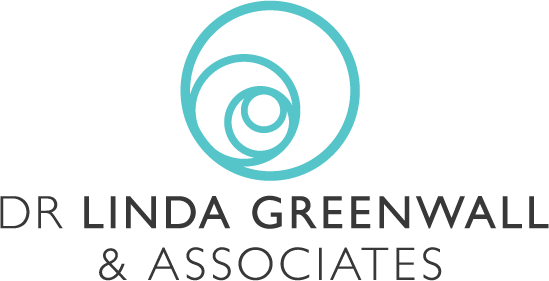Dental Sleep Medicine
The importance of sleep and how we can help
Everyone has gone through a period in life where they have not slept. That feeling of being tired and run down is bad enough when temporary, but over a longer period of time it can have a huge impact on both mental and physical health.
Most people need 7-8 hours sleep per night. A few people need less, a few people need more. Very few people need a lot less and very few people need a lot more. In general, chronic sleep deprivation tends to lead to consuming more calories, weight gain and decreased concentration/productivity. Over a longer period of time there is also evidence showing that sleeping less than 6 hours per night is associated with impaired glucose metabolism, increased diabetes type 2 risk, high blood pressure, increased risk of stroke and heart disease, depression, increased inflammation and a poorer immune system. All things you don't want to be made worse in these COVID-19 times.
We've all heard about the importance of good sleep hygiene. Alongside having a healthy diet and exercising, it is important to limit caffeine after midday, turn off screens an hour before bedtime, "switch off" from work and not to eat too late in the evening. But what about attending the dentist?
Snoring?
If you or your partner snoring is keeping you awake it may be time to do something about it. We can provide an appliance which positions the jaw forward, preventing the airway from vibrating and making sounds. Once you get used to wearing the device at night-time, both you and any bed-partners will get a more restful sleep. You get to sleep without ear plugs and/or being elbowed in the middle of the night.
Obstructive Sleep Apnoea?
Have you ever woken up gasping for air? Did you know that at least 2-4% of the population have a condition called obstructive sleep apnoea. This is where the muscles and fatty tissue in the mouth and airway relax too much at night-time, blocking the airway and preventing you from breathing until you wake yourself up. You may be so sleepy that you don't even register that you have woken several times a night. It can be terribly frustrating when you try to get 8 hours sleep every night you may still feel exhausted.
Dentists cannot diagnose sleep apnoea, that needs to be done by a registered sleep consultant. However, we can ask the right questions to see if you should ask your GP about getting tested. Once tested and with the approval of your sleep physician, we can provide you with a device to move the jaw forward, tightening the muscles and preventing them from falling back and blocking the airway.
Already wearing a CPAP device but don't like it?
CPAP therapy is the gold standard therapy for treating obstructive sleep apnoea. It is highly effective for nearly everybody who is able to wear it. However, it is a large machine worn outside the body, is not travel friendly and overall has a very low compliance rate. For some patients, dental devices for treating obstructive sleep apnoea can work just as well to manage the disease but are less cumbersome, easier to look after and much easier to sleep with. We can liaise with your sleep consultant to see if you are one of the many people where a mandibular advancement device will fit in better with your lifestyle.
Bruxism?
Do you clench or grind your teeth at night? Do you wake up in the morning not feeling rested or with a sore jaw or tension headache. There are many signs in the mouth and muscles in the face that will indicate to your dentist that you clench or grind your teeth at night. We, at Linda Greenwall & Associates provide you with a custom fit device to wear at night to help get the muscles and joints into a neutral position and help to prevent long-term damage from grinding.
